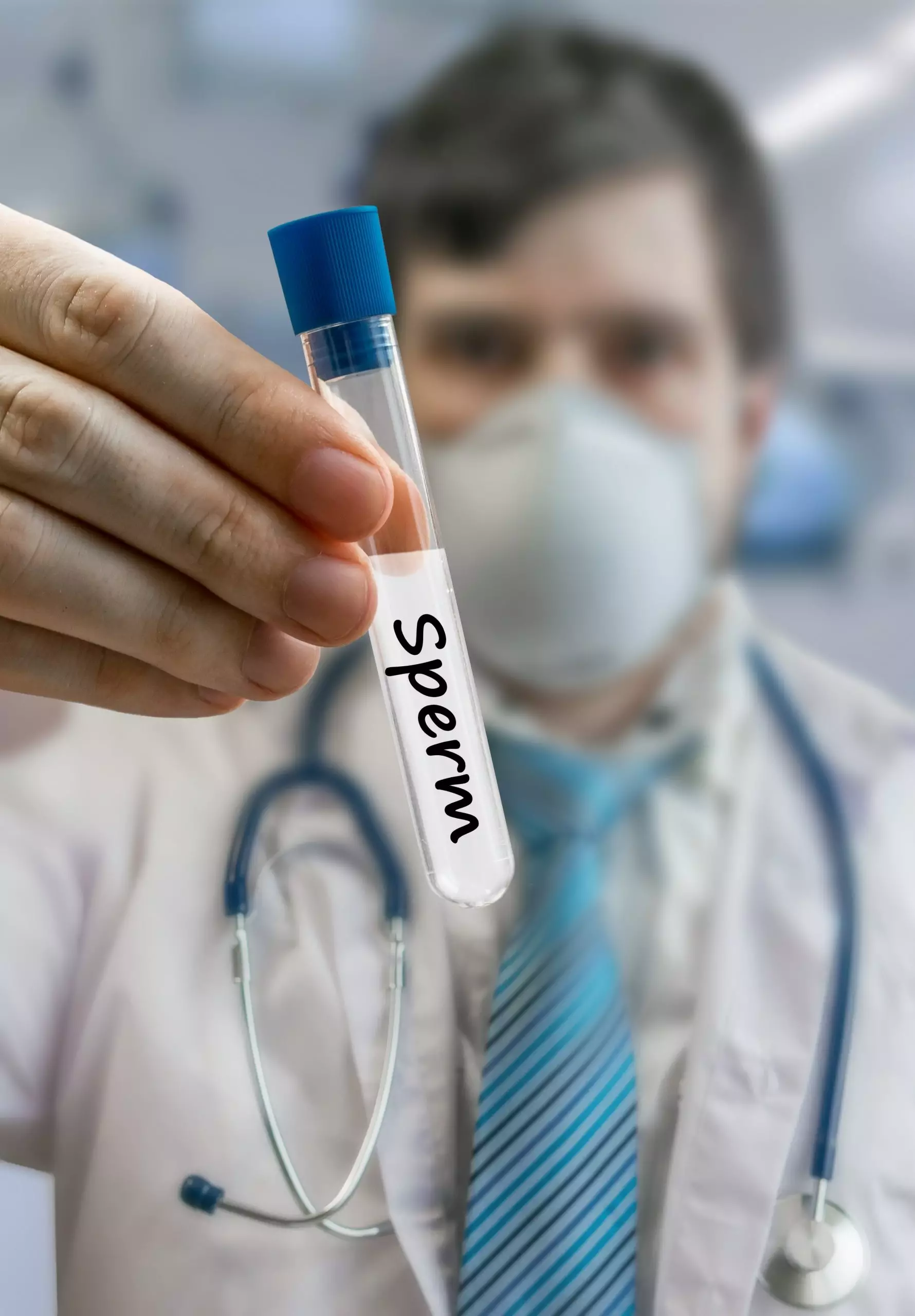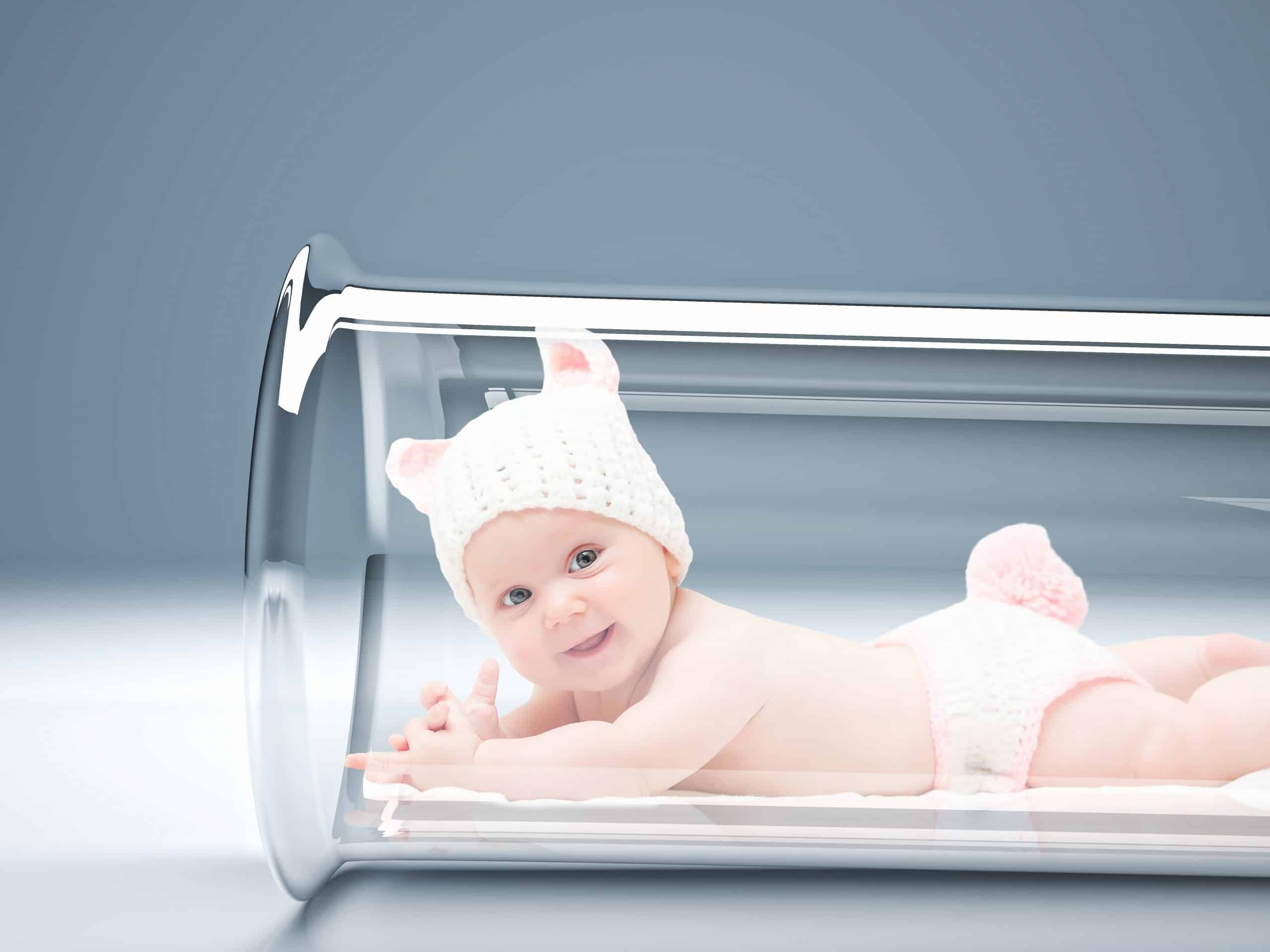What is Assisted Reproductive Technology?
Assisted Reproductive Technology(ART) is used to treat infertility. It includes fertility treatments that handle both a woman's egg and a man's sperm. It works by removing eggs from a woman's body. The eggs are then mixed with sperm to make embryos. The embryos are then put back in the woman's body. In Vitro Fertilization (IVF) is the most common and effective type of ART.
Different methods of ART available:
- Ovulation Induction (OI): In this method medications are used to cause or regulate ovulation, or increase the number of eggs produced during a cycle, to increase the opportunity for pregnancy.
- Artificial Insemination or IUI: In this method a doctor inserts sperm directly into a woman's cervix, fallopian tubes, or uterus. The most common method is called Intrauterine Insemination (IUI), where the doctor places the sperm in the uterus.
- In Vitro Fertilisation (IVF): In this method an egg is removed from the woman's ovaries and fertilised with sperm in a laboratory. The fertilised egg, called an embryo, is then returned to the woman's womb to grow and develop.
- Intracytoplasmic Sperm Injection (ICSI): This method is done by injecting a single sperm into an egg that has been removed from a woman's ovary. The fertilized egg can then be returned to the woman's uterus. It is a specialised form of IVF that is used primarily for the treatment of severe cases of male-factor infertility.
- Intracytoplasmic Morphologically Selected Sperm Injection (IMSI): In this method a high powered microscope is used to pick out the best sperm cells which are then used in a traditional ICSI protocol to improve the outcome after several failures. This is a laboratory technique used for IVF treatments.
- Donor Conception: In this method donated sperm(Male Donar), donated eggs(Female Donar) or embryos(Couple Donar) are used to create a family.
- Preimplantation Genetic Testing (PGT): This method is an early form of prenatal genetic diagnosis where abnormal embryos are identified, thereby allowing transfer of genetically normal embryos.
- Surrogacy: In this method the intended parents work with a gestational surrogate who will carry and care for their baby until birth. Intended parents use surrogacy to start or grow their families when they can't do so on their own.

In 2018, it was estimated that more than eight million babies had been born worldwide using IVF and other assisted reproduction techniques since the world's first in 1978.

Some Interesting Facts to Know Before Trying to Get Pregnant:
- Start with a fertility test
- Even though IVF is the most common and popular method It is necessarily not always your first available option.
- It comes at a cost.
- It requires a lot of patience.
- It's not always an easy path to pregnancy.
Common Questions
-
Q. What is infertility? What are the symptoms of infertility?
A. Infertility is the inability of a person to reproduce by natural means. The main symptom of infertility is not getting pregnant. A woman with infertility may have irregular or absent menstrual periods and man with infertility may have some signs of hormonal problems, such as changes in hair growth or sexual function.
-
Q. What are the reasons why some women don’t get pregnant?
A. Few reasons why women don’t get pregnant are age factor , Male Infertility , Blocked Fallopian Tubes , Not ovulating , Endometriosis or any underlying medical issues.
-
Q. When should a person See a Fertility Doctor?
A. A person should see a fertility doctor If they had sex without birth control for 12+ months & no conception, 35+ age , had three or more miscarriages , irregular periods, or heavy bleeding or having any chronic medical condition.
-
Q. How long does IVF procedure takes?
A. IVF is not a single treatment but a series of procedures. An average IVF cycle takes about 6 to 8 weeks from consultation to transfer.



